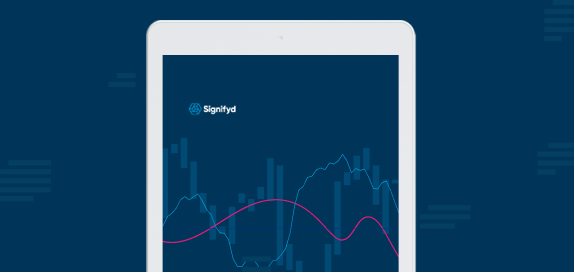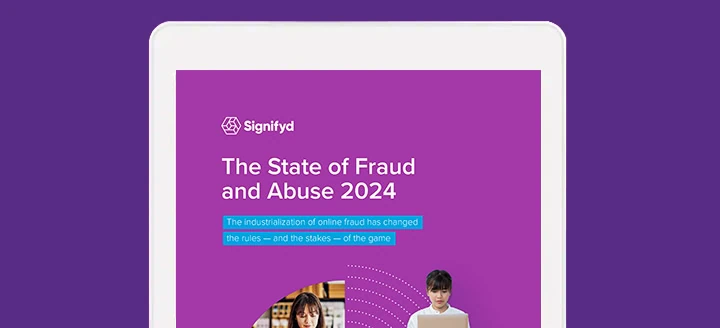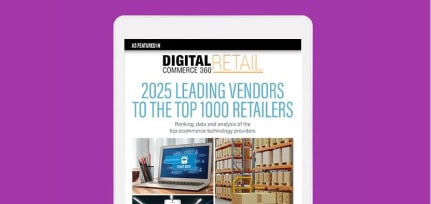So, you’re an entrepreneur with a product and a passion, but no real way to get that product into a store.
After all, the list of what you don’t have — any sales data or history of success — outweighs what you do have. Dan Neiweem of consultancy Avionos says that’s one recipe for a direct-to-consumer strategy. In a recent post, Neiweem talked about how established brands are using the buzzy sales channel to gather product data.
In the video interview below, he outlines the use case for a digitally native retailer, a seller that thinks digital first, and how that thinking can start an entrepreneur down the path to an omnichannel enterprise.
Neiweem’s story talks about a product manufacturer whose end goal is to end up in a brick-and-mortar store. And while that’s not often something digital natives start talking about right away, it does seem to be where a lot of the successful ones end up — not at the expense of their online business, but as a way to support their online business.
The truth is, like most buzz phrases, the term “digitally native retailer” can be a bit imprecise, describing a broad range of businesses. But in general, they are retailers that start with one or a few products, turn to technology providers to handle operations wherever possible and build a strong loyalty among their customers.
Digitally native retailers go omnichannel
Some of the early entrants, such as Bonobos, Warby Parker and Rad Power Bikes, ultimately open brick-and-mortar stores, or in the case of Bonobos, get acquired by existing brick-and-mortar operators.
Neiweem mentioned RXBar, which has its own variation of the digital native story. The co-founders started their company in the Chicago suburbs, cooking their nutrition bars in the kitchen of one of founder’s parents. They figured they’d have little chance of getting into the big supermarkets and so they worked on getting gyms and fitness centers to sell the bars, according to Entrepreneur.
But they also worked their online channels. And that’s where Neiweem says startups like RXBar can build up momentum — and data to show physical retailers that their products are worth having.
Entrepreneur says RXBars are now sold in 125,000 locations. Oh yeah, and last year, Kellogg’s bought the company for $600 million.
Contact Mike Cassidy at [email protected]; follow him on Twitter at @mikecassidy











